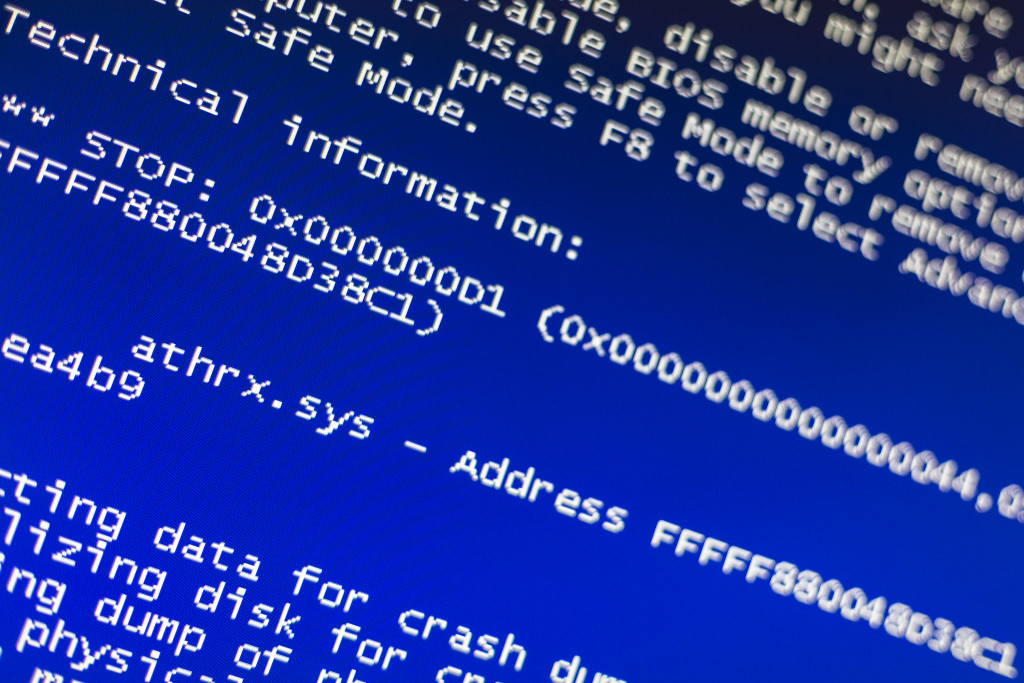The first step to solving a problem is identifying the problem. And one of the most common problems in business today, no matter what industry you’re in, is that systems are too slow. This inefficient system can cause all sorts of other problems, including lost sales and customers, and can even impact the bottom line. The good news is that there’s usually something you can do about it. You just need to figure out where your system bottlenecks are and take steps to address them.
There are a few common reasons why systems in business get bogged down and slow. Here are some of these reasons and what you can do to solve and avoid them.
1. Too much data
One of the most common reasons systems slow down is because there’s too much data. The more data you have to process, the slower the system will run. This can be especially true if your system is not set up to handle large volumes of data. The best way to solve this problem is to find a way to reduce the amount of data that needs to be processed. This might mean streamlining your process or finding ways to reduce the amount of data you’re collecting. Or you can always switch to a system that’s designed to handle large volumes of data if collecting a lot of information is necessary for your business.
2. Outdated hardware or software
Another common reason for slow systems is outdated hardware or software. This can be a particular problem if your system is relying on old technology that’s no longer supported. Older technology usually isn’t as efficient as newer technology, so it can cause your system to run slowly. The best way to solve this issue is to upgrade your hardware or software. This can be a costly solution, but it might be necessary if your system is significantly slowing down due to its age.
3. System need fine-tuning
Some systems used in business can be slowed down by simple things like a lack of maintenance. If your system isn’t regularly fine-tuned, it can start to run slowly. This is especially true if you’re using a complex system. The best way to solve this problem is to make sure your system is regularly maintained by qualified personnel. This might mean hiring someone to do it or setting up a maintenance schedule. For example, SQL Server performance tuning is necessary to keep this database running at its best.

4. Too many users
When too many people are trying to use a system at the same time, it can start to slow down. This is because each user is taking up resources that are needed by the system. The best way to solve this problem is to limit the number of users who can access the system at the same time. You can choose to set up different user groups with different access levels. Or you can give some users access to the system during off-peak times.
5. Network congestion
If your network is congested, it can start to slow down your system. This is because the network is not able to handle the amount of traffic it’s receiving. Improving your network infrastructure might be the best solution to this problem. You can do this by upgrading your network equipment or increasing your bandwidth.
6. Poorly written code
Although it might not be the first thing you think of, poorly written code can actually slow down your system. This is because the code is not running as efficiently as it should be. Most of the time, this problem can be solved by hiring a qualified programmer to review and optimize your code. But you can also try to write better code yourself by following best practices.
7. Security threats
Lastly, security threats can also slow down your system. Security threats can come in many forms, from malware to hackers. This slows down your system by infecting it with viruses or by stealing its resources. The best way to protect your system from security threats is to install a good security solution. This might include an antivirus program, a firewall, or even a security monitoring system. Most business systems will have some form of security already in place, but it’s always good to be aware of the threats that exist.
It is important to identify the root cause of a system slowdown in order to solve it. If you’re not sure what’s causing your system to slow down, you can always ask for help from a qualified IT professional. They will be able to help you identify the problem and find the best solution.
